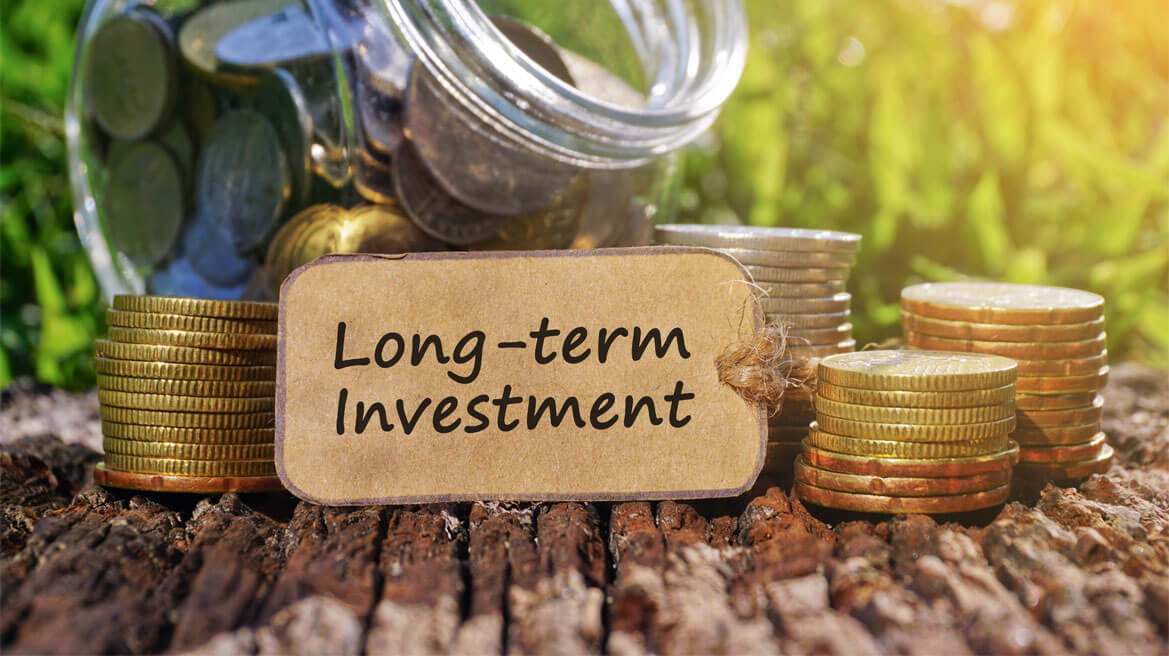As we shift toward a sustainable economy, numerous companies are now embracing the goal of long-term value creation, encompassing financial, social, and environmental dimensions.
Nevertheless, institutional investors encounter challenges when it comes to investing for long-term value creation and fulfilling their social role in finance. Traditional investment strategies, rooted in the neo-classical paradigm of efficient markets and portfolio theory, predominantly focus on financial value within their risk and return framework. Efforts to incorporate Environmental, Social, and Governance (ESG) factors often fall short of addressing this issue.
The depletion of natural resources poses significant threats to national and global prosperity, but our political and economic systems are ill-prepared to respond to this risk. The urgency of the situation is gradually gaining recognition. We have already witnessed the initial instances of climate-related financial distress, yet our governance, incentives, and mindset remain misaligned. The financial and corporate sectors have a crucial role to play in shifting the tide by genuinely prioritizing long-term value creation. Long-term value creation means that companies strive to optimize their financial, social, and environmental value over the long term, preparing for the transition to a more sustainable economic model.
Unfortunately, current business practices still primarily emphasize short-term financial returns, hindering the realization of inclusive capitalism. For decades, profit maximization has been the central objective in corporate finance. However, research distinguishes between shareholder value, which seeks to maximize financial value exclusively, and shareholder welfare, which incorporates social and environmental externalities. This model assumes that these externalities are linked to a company’s operations, giving companies a choice in the extent of sustainability in their business model or a broader corporate objective beyond narrow shareholder value.
The internalization of externalities is a dynamic process. This means that what is financially viable today may become unprofitable in the future, and vice versa. Some externalities are already integrated through best business practices, such as energy and material conservation in production and fostering a motivated workforce. Additional externalities may be internalized in the future due to government intervention, societal pressure, or technological advancements like affordable solar and wind energy. Companies can anticipate and integrate these externalities by aligning relevant social and environmental dimensions with their business model, ensuring their readiness for a transition.
The significance (or lack thereof) of social and environmental dimensions varies significantly based on context, industry, specific company business models, and local conditions. Recent evidence suggests a compelling business case for the comprehensive integration of Environmental, Social, and Governance (ESG) factors in investment decisions. Companies excelling in addressing material ESG issues also demonstrate superior financial performance.
Institutional investors are increasingly relying on ESG ratings to incorporate social and environmental dimensions into their investment processes. However, these external ratings often rely on limited and occasionally conflicting data, offering only restricted insights into material ESG factors.

















